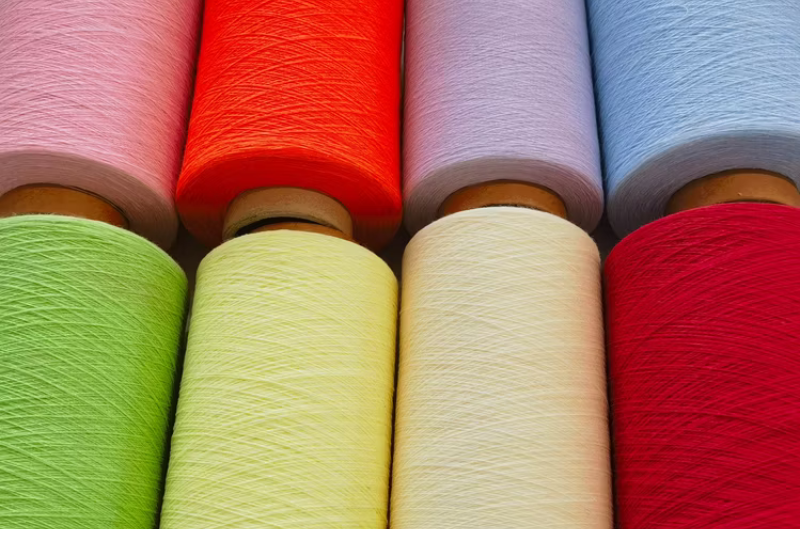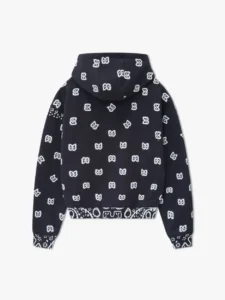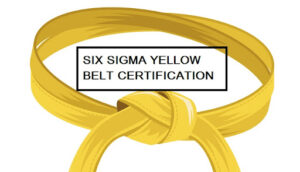The Environmental Impact of Switching to Recycled Yarn
In an age where sustainability is no longer a choice but a necessity, the textile industry is undergoing a major...

In an age where sustainability is no longer a choice but a necessity, the textile industry is undergoing a major transformation. One of the most promising changes is the widespread adoption of recycled yarn—a product made by reprocessing textile waste or used plastic materials like PET bottles into usable yarn for knitting, weaving, and manufacturing garments.
This shift is more than a trend; it’s a movement toward saving our planet. In this article, we’ll explore the environmental impact of switching to recycled yarn, and why recycled cotton and recycled yarn manufacturers are key players in building a greener future.
♻️ What is Recycled Yarn?
Recycled yarn is made by converting waste materials—such as used clothes, factory fabric scraps, or plastic bottles—into new yarns. Instead of letting this waste end up in landfills or oceans, manufacturers give it a second life through mechanical or chemical recycling.
There are two primary types:
- Recycled Cotton Yarn: Made from discarded cotton fabrics.
- Recycled Polyester Yarn: Produced using recycled PET bottles.
By using existing materials, recycled yarn helps reduce the need for virgin resources like water, energy, and raw cotton.
🌱 Environmental Benefits of Recycled Yarn
Let’s break down how switching to recycled yarn helps the environment:
1. 🌊 Reduction in Water Usage
The traditional cotton industry is incredibly water-intensive. It takes around 10,000 liters of water to produce just 1 kilogram of conventional cotton. In contrast, recycled cotton uses significantly less water because the raw material is already processed.
Recycling cotton avoids the water-heavy farming process altogether, making it an environmentally responsible choice.
2. 🛢️ Lower Energy Consumption
Producing virgin synthetic fibers like polyester or nylon involves high-energy input and petrochemicals. On the other hand, recycled yarn manufacturers use 40–60% less energy during the recycling and spinning process.
This energy efficiency leads to a significant reduction in greenhouse gas emissions, especially when scaling to industrial levels.
3. 🚯 Minimizes Textile Waste in Landfills
Globally, over 92 million tons of textile waste is generated each year. Most of this waste ends up in landfills or gets incinerated, which pollutes air and water.
By converting old fabrics and discarded clothes into recycled yarn, we can divert tons of waste away from landfills annually, promoting a circular textile economy.
4. 🌬️ Reduces Carbon Emissions
Textile production accounts for about 10% of global carbon emissions. Choosing recycled materials helps cut down emissions because:
- No energy-intensive farming
- No harmful dyes or chemicals in post-consumer waste
- Less fuel consumption in logistics
In fact, using recycled cotton can reduce carbon emissions by up to 75% compared to virgin cotton.
5. 🐢 Reduces Plastic Pollution
Recycled polyester yarn, often made from PET bottles, helps clean up plastic waste. Each kilogram of recycled polyester can save about 60 plastic bottles from polluting oceans and harming marine life.
By using recycled yarn, brands can play a direct role in reducing ocean-bound plastic.
🏭 The Role of Recycled Yarn Manufacturers
Behind every eco-friendly yarn lies the commitment and innovation of recycled yarn manufacturers. These manufacturers have built technologies that can:
- Collect and sort textile waste efficiently
- Break down fibers without harmful chemicals
- Spin high-quality yarn suitable for fashion, upholstery, and industrial use
In hubs like Panipat, India, companies such as RG Fibers are leading the way. By offering recycled cotton yarn, open-end yarn, and custom fiber blends, they empower businesses to shift towards sustainable sourcing without compromising quality.
🌐 Growing Demand in Global Fashion
Big fashion brands and small businesses alike are now switching to recycled materials. This is fueled by:
- Consumer awareness about sustainability
- Regulations on carbon footprint and waste management
- Cost-efficiency in large-scale yarn recycling
Using recycled yarn doesn’t just reduce environmental harm—it also enhances a brand’s image and appeal among conscious customers.
🧵 Is Recycled Yarn as Good as Virgin Yarn?
Yes, and in some cases, even better.
Modern recycling techniques have improved dramatically. Today’s recycled yarns come with excellent strength, consistency, and color options. When sourced from trusted recycled yarn manufacturers, these yarns can match the quality of virgin alternatives.
Plus, they often come with certifications like Global Recycled Standard (GRS) or OEKO-TEX, ensuring ethical and sustainable practices.
🔄 Why Switching to Recycled Yarn Matters
If you’re a textile buyer, fashion brand, or manufacturer, switching to recycled yarn is no longer just an ethical decision—it’s a strategic advantage. Here’s why:
- ✅ Meet sustainability goals and reduce your carbon footprint
- ✅ Attract eco-conscious customers and retailers
- ✅ Save costs in water, energy, and raw materials
- ✅ Support the circular economy and reduce landfill waste
✅ Final Thoughts
The future of textiles is circular. Recycled yarn, whether made from cotton waste or PET bottles, is a powerful solution for reducing the environmental impact of textile production. With responsible recycled yarn manufacturers like RG Fibers making these materials more accessible and affordable, the transition to eco-friendly alternatives has never been easier.
Choosing recycled yarn means choosing a cleaner planet, a smarter industry, and a better tomorrow.
🔔 Call to Action
Are you ready to make the switch to recycled yarn?
Explore premium recycled cotton yarn and sustainable fiber solutions from RG Fibers—your trusted recycled yarn manufacturer in Panipat.
👉 Get in touch now or request a free yarn sample today!



